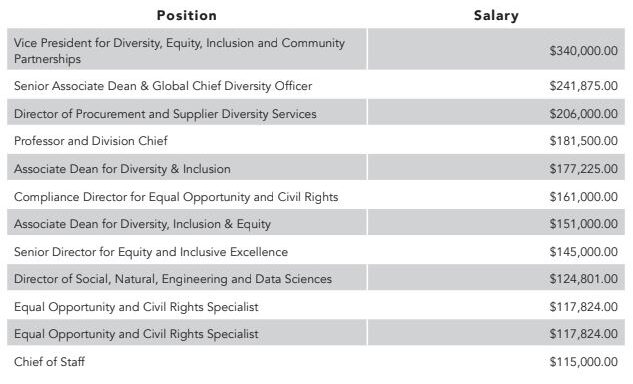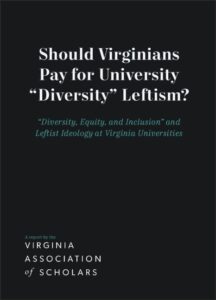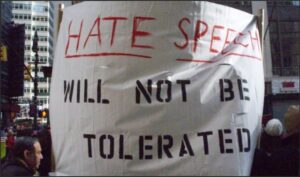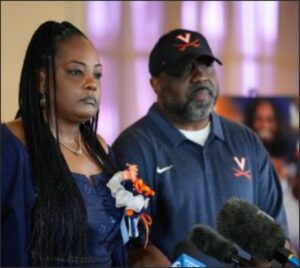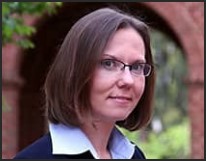by James A. Bacon
Delegate Nicholas J. Freitas, R-Culpeper, has introduced a bill, HB 1800, that would bring much needed transparency to the governance of Virginia’s public higher-ed institutions. The bill was cited in a list of priority legislation backed by Attorney General Jason Miyares.
The bill, which would affect the University of Virginia, contains several elements:
- Governing boards of public colleges and universities must report the number and salaries of diversity officers and government-relations officers employed by their institutions.
- Governing boards must report the total value of contracts with outside individuals engaged in lobbying on the institution’s behalf.
- Boards must record videos of their meetings and post them prominently on their websites on a timely basis.
- Boards must hold public meetings to solicit public input before approving the renewal of a university’s chief executive officer.
- Boards must post an annual report on university-affiliated foundations that detail expenditures on Diversity, Equity & Inclusion, lobbying, and CEO compensation.
One can only surmise what incidents gave rise to the Freitas bill. However, some informed speculation is in order. Continue reading



